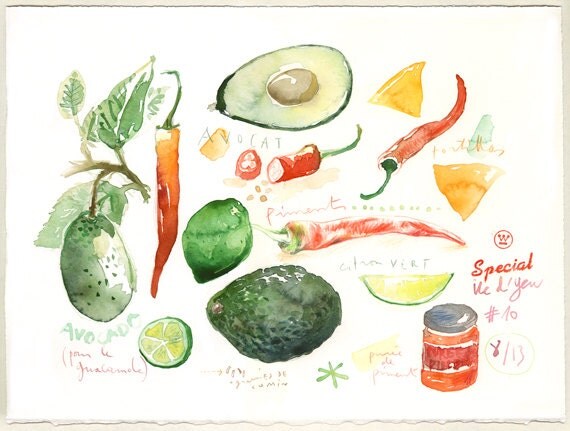
There is the femme fatale.
There is the trophy-wife.
There is the bimbo.
There is the lolita.
And there is the femme-enfant.
Not long ago, as I was having a conversation on women with male friends, one of them cut short and suddenly told me “you know what, very simply, our type of girls is the femme-enfant one”.
It’s funny coz we all understood what this friend meant by “femme-enfant” so I was wondering if it’s because we were all French. An English translation for “femme-enfant” would be “child-woman”. I asked German friends if there was such a word that could translate “femme-enfant” in German. Funny thing, they actually have “men-children” in Germany! But no femme-enfants. Then I asked a Belgian friend who speaks fluently French and Flemish. Interestingly, the word femme-enfant does not translate into Flemish, which led me to the conclusion that maybe, this concept is proper to the French language and maybe to the French culture.
So let me explain what a femme-enfant is, and if there actually is such a thing as femme-enfants in your language and culture, or any other types of complex gender-related stereotypes, please share!
1. A stereotype of a French woman: the “femme-enfant”
A femme-enfant is a type of women.
It’s a stereotype. Continue reading

 Illustration Faustine Sayagh for
Illustration Faustine Sayagh for 















